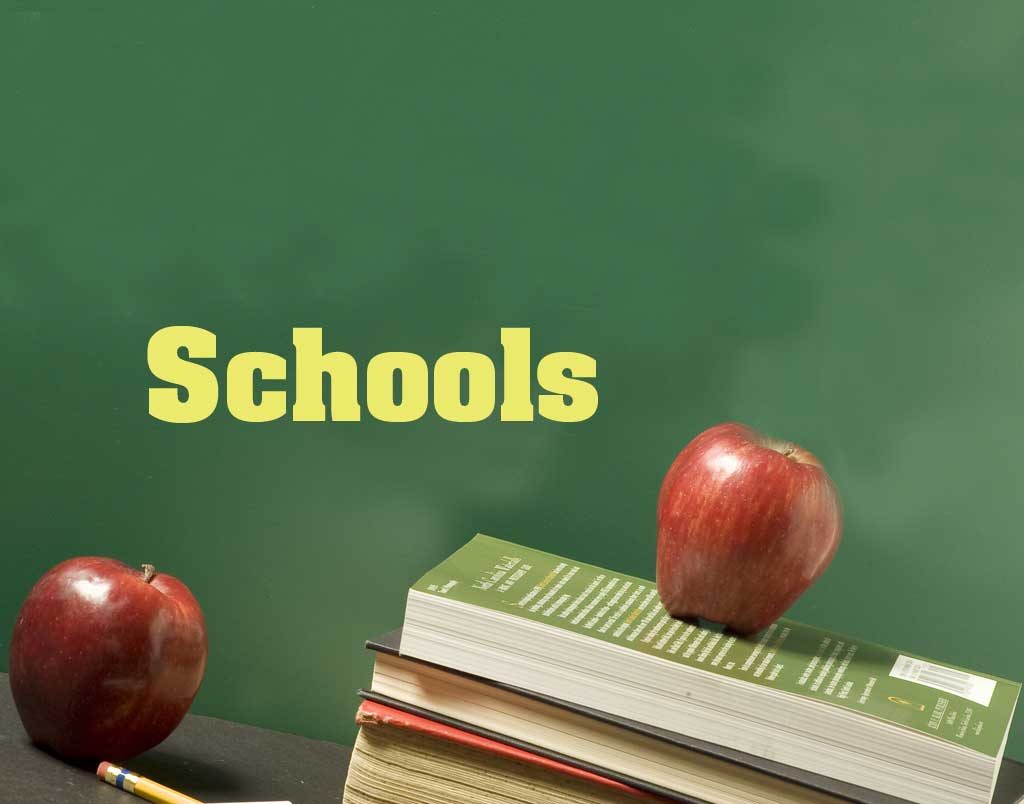A new report from the New Jersey School Boards Association (NJSBA) explores the psychological impacts the coronavirus has had on school-age children.
The NJSBA represents New Jersey’s local school boards.
The report, “Eye on the Future as Districts Monitor Student Mental Health,” found that students have fared relatively well considering challenges that affected their academic and personal lives, according to a press release from the NJSBA.
The report is the fourth in a series examining the impact of the coronavirus on education in New Jersey during the pandemic which began in March 2020 and is nearing the one-year mark.
Educators and mental health experts worried that so much loss of life — and the changes to daily life the pandemic has brought about — would trigger a chain reaction in schools and communities, creating a wave of more serious incidents that would overwhelm the ability of school districts to provide mental health services to students and staff members. according to the press release.
The NJSBA surveyed school districts, reviewed more than 50 published newspaper articles and studies, and interviewed two dozen board of education members, superintendents and staff. Although there are notable and concerning exceptions, the plans hatched during the summer to monitor student mental health and conduct regular wellness checks have been successful, according to the NJSBA’s assessment of the situation.
“The report shows the long hours that boards of education spent planning, with their superintendents, for the 2020-21 school year, and the difficult decisions they have made in the past several months, have successfully allowed their students to continue their education and safely weather the threat of the coronavirus,” said Dr. Lawrence S. Feinsod, NJSBA executive director. “New Jersey’s school leaders and educators continue to do an exemplary job by guiding their school districts through this historically difficult time.”
The 23-page report includes 11 pages of information and strategies from districts around the state on how they are coping with the health emergency.
Key findings and recommendations include:
New data on the mental health of New Jersey school children. Although student suicides and incidents of self-harm remain at disturbingly high levels, the coronavirus pandemic has apparently not created a new wave of incidents, according to the press release.
The 264 board of education members, superintendents and business administrators responding to an NJSBA survey of data from Nov. 16 through Jan. 8 were asked to select which statement most accurately reflected conditions in their district.
• 47.73% said, “We do not see evidence of more students in crisis, but in general students are more anxious and depressed.”
• 32.58% said, “In general, students are coping well. Our district has not seen increased evidence of serious crises.”
• 12.12% said, “Our district has seen evidence of more serious crises, such as incidents of self-harm, threats of self-harm, or hospitalizations.”
• 7.58% selected “other.”
When schools reopen in fall 2021, restrictions may still be in place. National experts caution that while new vaccines offer hope, it is unclear when enough people will be vaccinated to make a return to normal possible. School administrators should be prepared to start the 2021-22 school year with social distancing and mask requirements still in place, according to the NJSBA.
More state and federal aid is needed. A COVID relief package was signed on Dec. 27 that would provide billions to public education.
The bill represents a welcome first step, but the NJSBA remains convinced more assistance will be necessary to help districts face, and effectively address, the enormous and ongoing challenges caused by the pandemic.
As proposed, President Joe Biden’s $1.9 trillion coronavirus aid package would provide badly needed funds to New Jersey governments and schools, according to the press release.
Postpone high-stakes federally required assessments. In conjunction with the major education groups in the state, the governor and the acting education commissioner should consider asking President Biden and his education secretary-designee, Dr. Miguel Cardona, to postpone national achievement tests which can be stressful for students, the NJSBA said.
With a large percentage of districts either entirely, or significantly, educating students through remote instruction, administering tests would also create a significant drain on resources better spent on providing mental health services for students and maintaining a high-quality education program, according to the press release.
Develop a long-term recovery plan. As the pandemic ebbs, and time and resources permit, the New Jersey Department of Education, in conjunction with the state’s major education groups, and a diverse array of district representatives from around the state, should consider developing short-term and long-term plans to help students recover from any delay in learning progression caused by the disruptive events of the past year, the NJSBA said.
On Jan. 11, Gov. Phil Murphy signed Executive Order No. 214, suspending the state’s graduation exam requirements for the 2020-21 school year, allowing districts to focus resources on addressing the pandemic, according to the press release.
The report can be accessed at www.njsba.org/StudentMentalHealth

